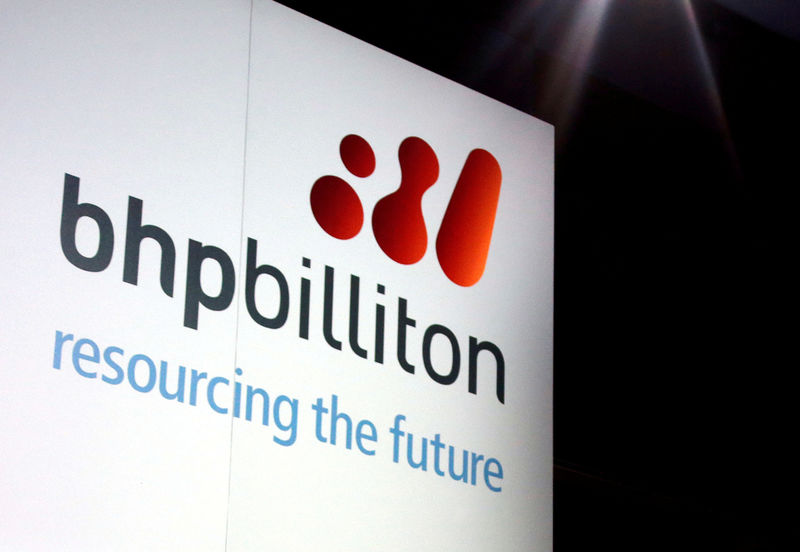By Sonali Paul
MELBOURNE (Reuters) - Australia warned on Thursday that a push by activist investor Elliott Management to ditch global miner BHP Billiton's dual listing may be a criminal offence and was against the national interest.
Elliott, led by U.S. financier Paul Singer, wants BHP to spin off its U.S. oil assets, hand back more money to shareholders and scrap dual listings in London and Sydney to consolidate them in the UK.
BHP Billiton (LON:BLT) has vehemently resisted Elliott's push and Australian Treasurer Scott Morrison backed up Australia's biggest company on Thursday.
"If foreign corporate raiders think they can come in and take the 'Big Australian' out of Australia, they've got another thing coming," Australian Treasurer Scott Morrison said in a video on social media, invoking the 132-year-old company's nickname.
BHP Billiton is required to remain listed on the Australian Securities Exchange under the terms of the government's approval of the merger of BHP and London-listed Billiton in 2001.
"The consequences of seeking to change that involve criminal sanctions, and I won't step back from instructing our agencies to take every step they need to take to prevent that from happening," he said.
Elliott declined to comment on Morrison's statement.
Under the conditions set out by then Treasurer Peter Costello for the merger in 2001, BHP Billiton must also keep its global headquarters in Australia and its chief executive and chief financial officer have to be based in Australia.
"The conditions set down by then Treasurer Costello are in Australia's national interest and remain necessary and appropriate," Morrison said in a statement.
He warned that BHP Billiton could also face civil penalties under the country's foreign takeovers law if it were to carry out Elliott's proposal and directors could be personally liable.
The Treasurer could also block a takeover of BHP's Australian assets by a London-listed company, he said.
Elliott has sent representatives to Australia this week to canvas BHP Billiton shareholders over its proposals.
Shareholders said they did not expect the Australian government's opposition to deter Elliott from at least pursuing an oil spin-off and bigger returns to shareholders, given it has persisted even after BHP said the plans would not benefit investors.
"I'm not sure they're going to go away any time soon. They're there and they own the stock, so they're still going to be trying to get some value out of it," said Don Hamson, managing director of Plato Investment Management, whose sixth largest holding is BHP.
BHP Billiton is a top holding for most Australian fund managers and households, given it is the country's second-largest company by market capitalisation, and the largest Australian company when its UK-listed shares are included.
BHP's shares have fallen 10 percent since Elliott showed its hand on April 10, in line with a drop in oil prices.
